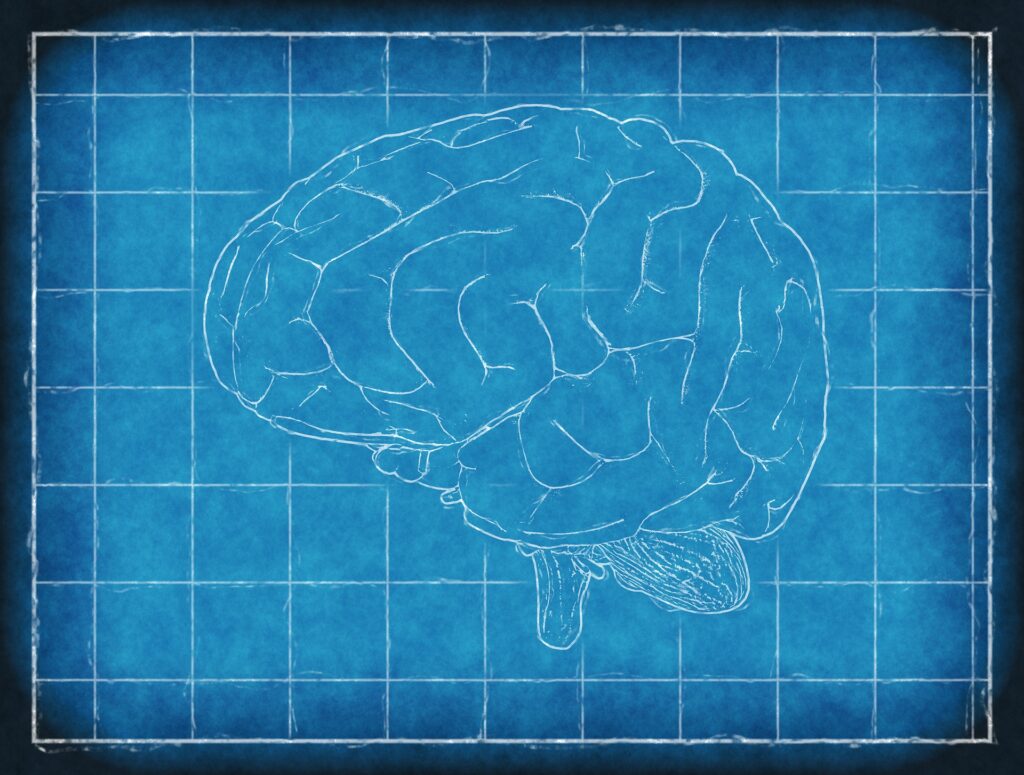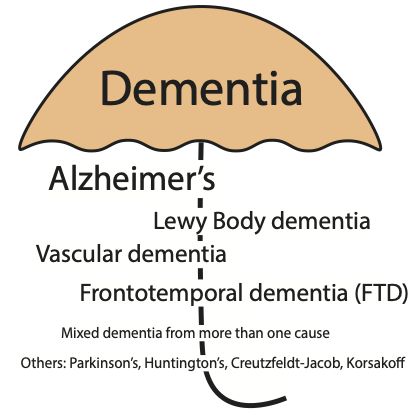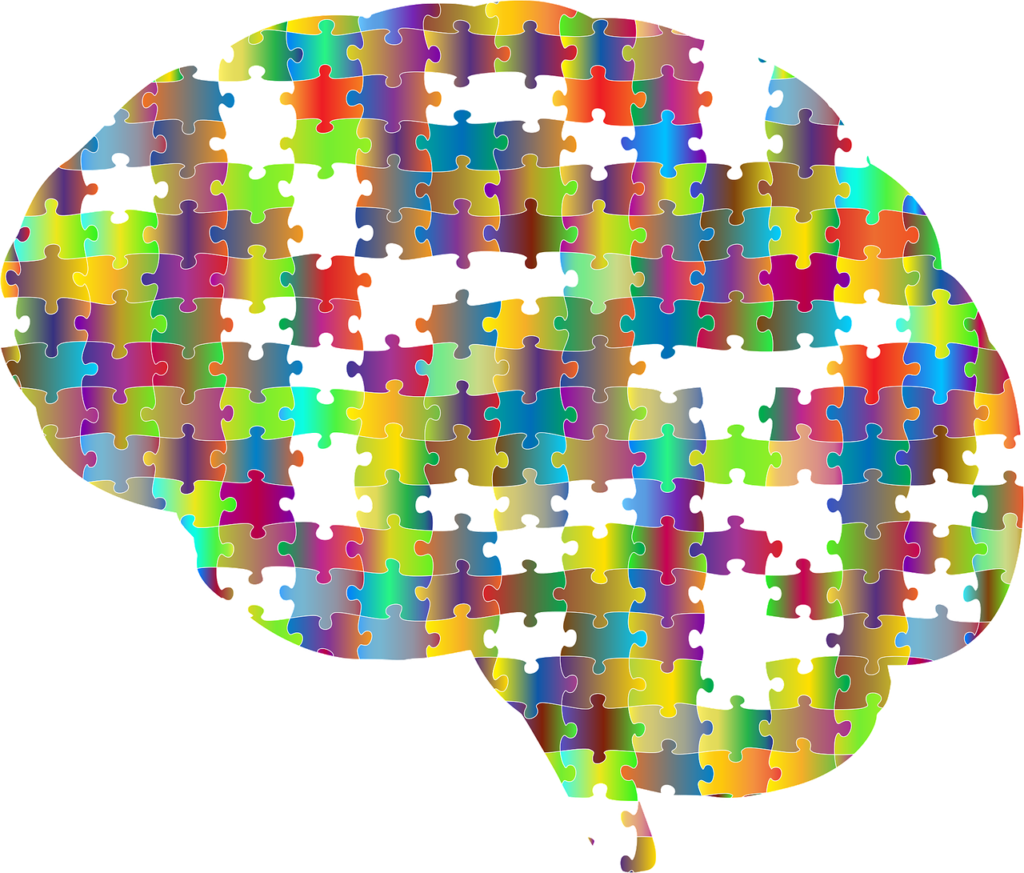

DEMENTIA
What is dementia?
Dementia is an umbrella term for any medical condition that causes a decline in cognitive function serious enough to impede activities of daily life. Today, over 55 million people in the world live with dementia. Alzheimer’s disease is the most common form of dementia, but there are many other types as well. Areas of cognitive functioning that are often impacted in dementia include memory, language processing, problem-solving. Some risk factors for dementia cannot be changed, such as age, biological sex, and genetics. However, studies have also demonstrated that some modifiable factors, such as diet and lifestyle habits, play a role in dementia progression and may have a beneficial interaction with factors that can’t be modified.
MILD COGNITIVE IMPAIRMENT
What is mild cognitive impairment?
Mild cognitive impairment (MCI) is a widely encompassing term for an early stage of impaired mental abilities. In this stage, there may be some deficits in cognitive areas similar to those affected in dementia, but the deficits are often small enough that activities of daily life are not impeded. While MCI can be caused by many reasons and may or may not lead to a future diagnosis of dementia, 10-15% of individuals living with MCI develop dementia each year. As with dementia, there are modifiable lifestyle factors that may have beneficial effects.


STAYING HEALTHY
Make the world around you a place that helps you meet your goals.
The idea of creating a therapeutic environment is using the resources available to you to promote good mental and physical health. This is helpful for those who have received an official diagnosis of dementia or MCI, as well as those who may have noticed subjective changes in cognition (such as small lapses in memory or personality changes) but have not yet been seen by their healthcare provider.
References:
Global Dementia Observatory
Alzheimer’s Association
Yates, et al. Cognitive leisure activities and future risk of cognitive impairment and dementia: systematic review and meta-analysis. (2016)
Disclaimer: This product is not a clinical product and is in no way designed to diagnose or assess any medical condition, nor replace or represent any clinical therapeutic intervention. Any information or resources provided through Thinkable Times should not be taken to replace or represent the advice of a medical professional. Please speak with your doctor about any questions pertaining to your specific diagnosis and treatment regimen.